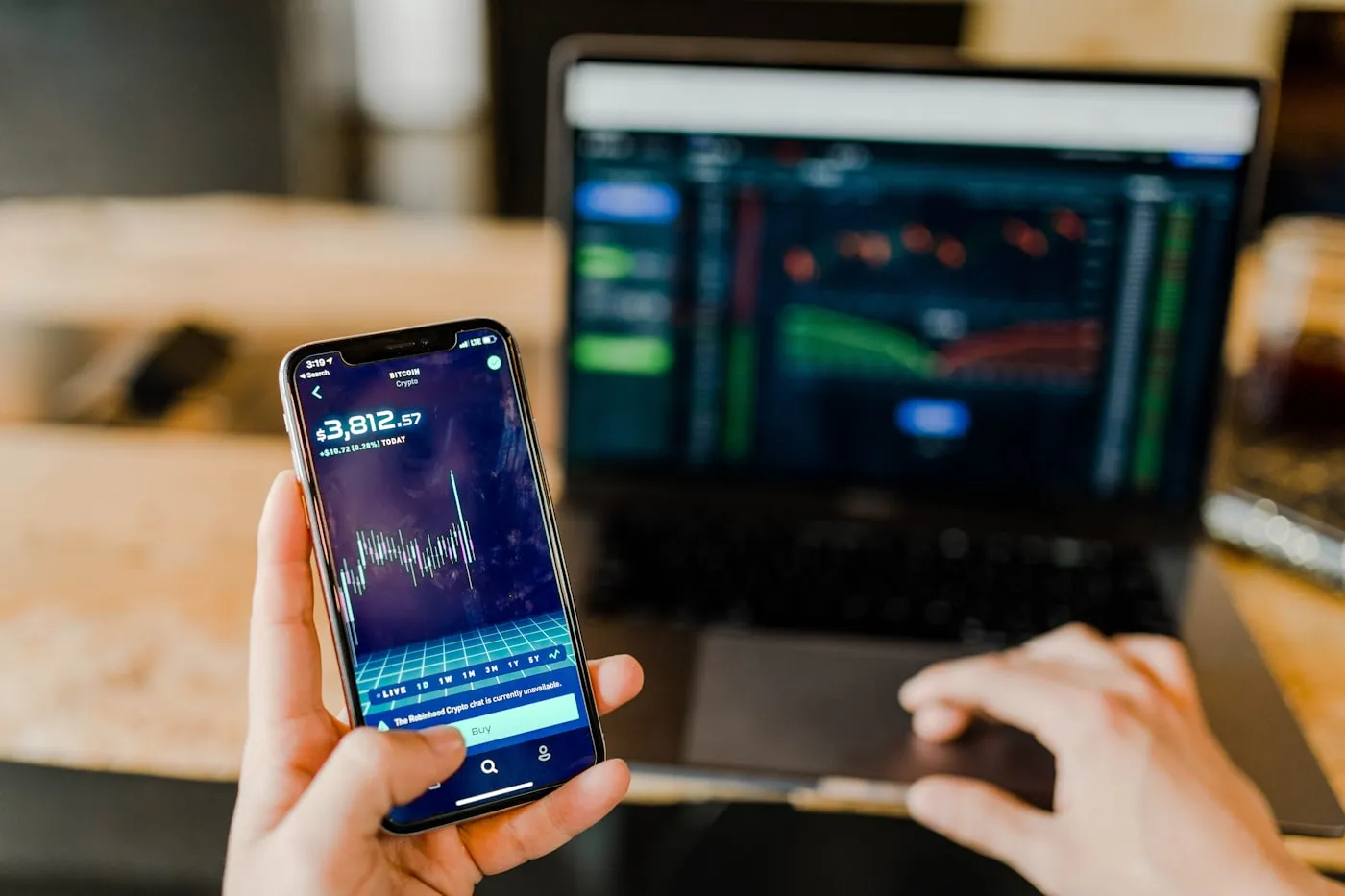Solo Travel Money Guide: When There's No One to Split the Bill

Solo travel gives you total freedom — eat where you want, go where you want, change plans on a whim. But that freedom comes with a trade-off most people don’t think about until they’re standing at a hotel reception desk: you pay for everything yourself. No splitting the cab. No sharing the Airbnb. No one to cover dinner while you hit the ATM.
When you’re the only person managing your money, small mistakes compound faster and the safety net disappears. Here’s how to handle it.
The Financial Math of Traveling Alone
Solo travel has real cost advantages. You make every decision — splurge on that cooking class, save by eating street food, skip the overpriced tour. There’s no negotiation, no compromise, no waiting for four people to agree on a restaurant.
But the disadvantages are just as real:
- Private rooms cost more per person than shared ones. A $60/night hotel room that two people would split at $30 each is $60 when it’s just you.
- Taxis can’t be divided. That $15 ride from the airport is $15, not $5 split three ways.
- The single supplement exists. Some tours and accommodations charge solo travelers 25-100% extra.
- Decision fatigue is yours alone. By day five of making every financial choice yourself — what to eat, where to stay, which activity is worth it — the mental load gets heavy.
None of this should stop you from traveling solo. But it means your financial preparation needs to be tighter than it would be for a group trip.
Before You Leave: The Setup That Matters
Build a Realistic Daily Budget
Research destination-specific costs, not global averages. A day in Tokyo and a day in Bangkok have almost nothing in common financially. Break it down:
- Accommodation (book a few nights in advance to anchor your estimate)
- Three meals plus snacks and coffee
- Local transport (metro, bus, the occasional taxi)
- One paid activity or attraction per day
- An emergency buffer of 10-15%
A realistic daily budget for a mid-range solo traveler: $60-80/day in Southeast Asia, $100-150/day in Western Europe, $80-120/day in Eastern Europe or Latin America.
Diversify Your Payment Methods
This matters more for solo travelers than anyone else. If your only card gets blocked or stolen, there’s no travel partner to lend you theirs.
Carry at least:
- Two credit cards (ideally with no foreign transaction fees), stored in different places
- One debit card for ATM withdrawals
- A moderate amount of local cash
- A small emergency stash of USD or EUR in a separate bag
Tell your bank where you’re going before you leave. A fraud alert on your only accessible card in a foreign country is a specific kind of panic you want to avoid.
On the Road: Daily Habits That Work
The Five-Minute Evening Check-In
Every evening, spend five minutes reviewing what you spent that day. Not an hour with a spreadsheet — just a quick look at whether you’re on pace.
This sounds boring. It’s not. It takes less time than scrolling social media, and it gives you one piece of information that changes your next day: am I on budget, over, or under? If you’re under, tomorrow’s lunch can be nicer. If you’re over, you know before it becomes a problem.
Pay Attention to the Small Stuff
Solo travelers tend to track big expenses (hotels, flights, tours) and ignore small ones (coffee, snacks, water bottles, transit tickets). On a two-week trip, those small purchases can add up to $200-400 — a hidden cost most budgets miss entirely.
The fix isn’t to stop buying coffee. It’s to log the coffee so you know it’s there.
The Envelope Method Still Works
Allocate a fixed daily cash amount. When it’s gone, it’s gone. Physical cash creates a tangible limit that credit cards don’t — you can see and feel your budget shrinking, which makes you more deliberate about the next purchase.
This works especially well in cash-heavy destinations like Southeast Asia, Eastern Europe, and Latin America.
Security: Because It’s All On You
When you’re solo, losing access to your money isn’t an inconvenience — it’s an emergency.
Physical security: Use hotel safes for backup cards and extra cash. Carry only what you need for the day. A money belt or hidden pouch isn’t paranoia — it’s insurance.
Digital security: Use a VPN on public WiFi when accessing financial apps. Enable two-factor authentication on every banking app. Never log into financial accounts on shared computers.
Emergency plan: Keep digital copies of all cards (photos of front and back) in encrypted cloud storage. Know the international customer service numbers for your banks — the ones printed on the back of your card are often domestic-only.
Beating the Single Supplement
The biggest solo-specific cost is the single supplement — the extra charge hotels and tour operators add when one person occupies space priced for two.
Strategies that actually reduce this:
- Hostels with private rooms. You get your own space at a fraction of hotel single-supplement prices. Quality varies, but many modern hostels have private rooms that rival budget hotels.
- Shoulder season travel. Single supplements drop or disappear when hotels have empty rooms to fill.
- Booking platforms with solo filters. Some sites let you search specifically for properties that don’t charge single supplements.
- Guesthouses and homestays. Family-run places rarely charge supplements because they price rooms, not beds.
You can also flip the solo dynamic in your favor. Solo travelers often get last-minute seats on tours at a discount, skip-the-line access at restaurants (counter seats are always available), and more spontaneous invitations from other travelers.
How Spentrip Fits Solo Travel
Spentrip works well for solo travelers specifically because it handles the things that trip you up when you’re on your own. The free version covers multi-currency conversion (essential when you’re crossing borders alone and need to know exactly what things cost in your currency), trip-based organization, and spending category breakdowns that show where your daily budget is actually going.
The premium voice input is particularly useful for solo travelers — when you’re navigating a new city with bags in hand, speaking an expense is faster than stopping to type. And the AI receipt scanning reads receipts in languages you don’t speak, which matters when you don’t have a travel companion to help translate.
Solo travel isn’t more expensive than group travel by default — it’s differently expensive. The costs that go up (accommodation, transport) can be offset by the costs that go down (no group dinners at the most-expensive-person’s preference, no shared activities you didn’t actually want to do). The key is tracking accurately enough to see the trade-offs and make them deliberately, not discovering them after the fact.



